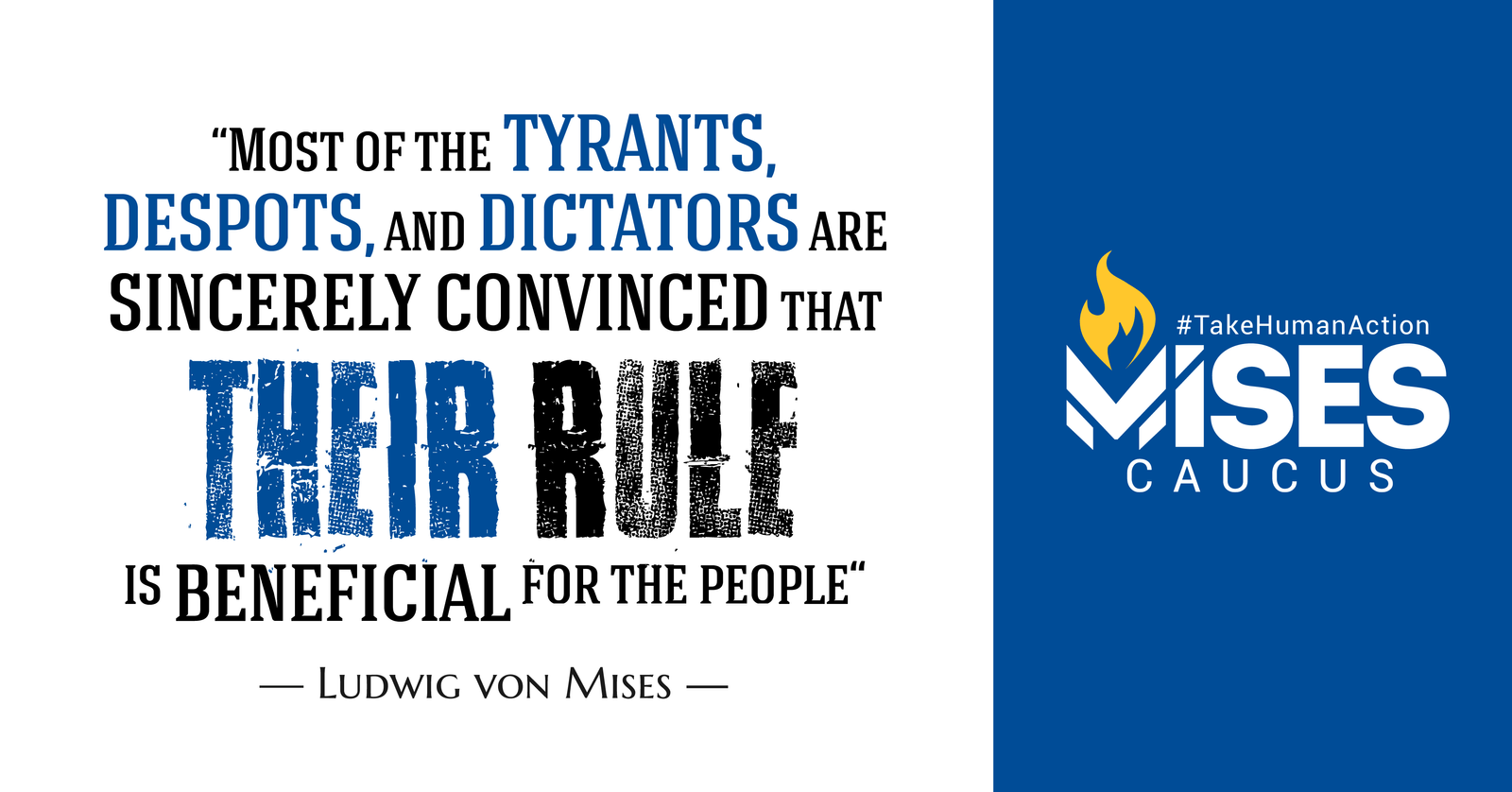The means of defense against foreign danger, have always been the instruments of tyranny at home. Among the Romans, it was a standing maxim to excite a war, whenever a revolt was apprehended. Throughout all Europe, the armies kept up under the pretext of defending, have enslaved the people. —James Madison














